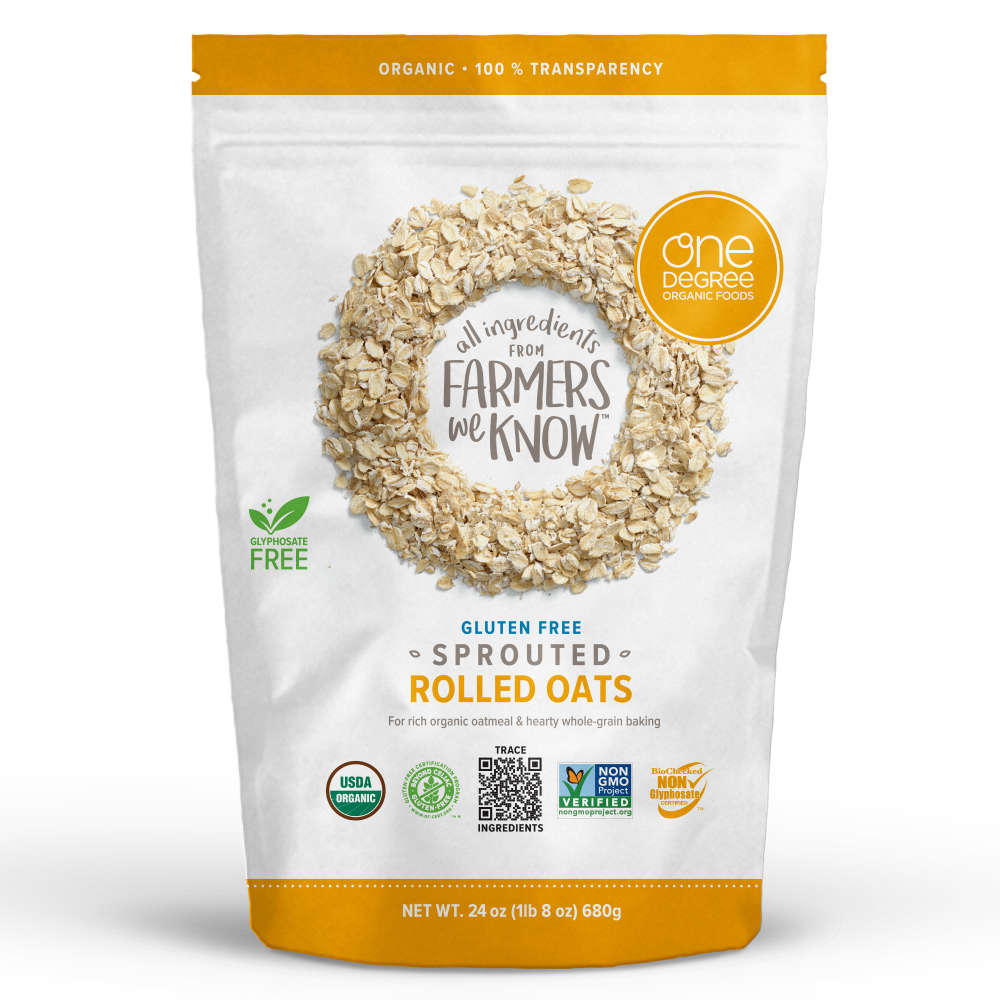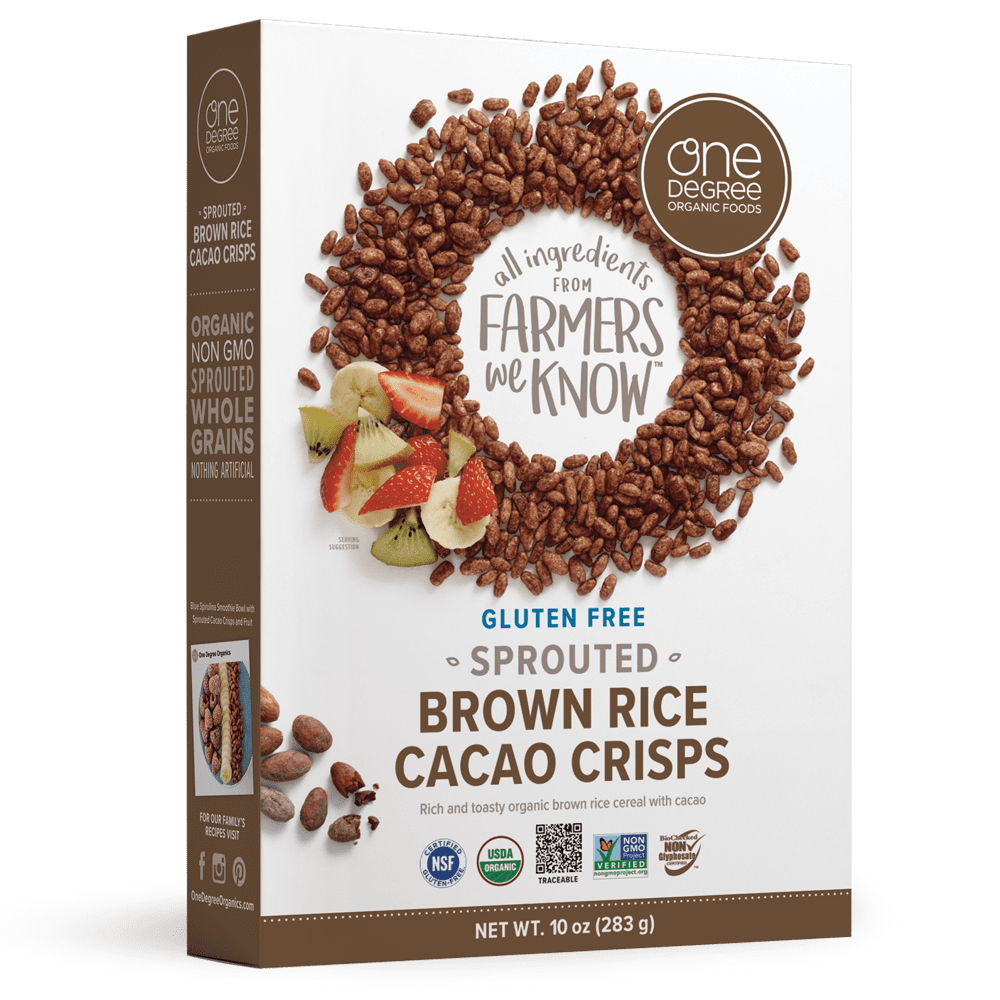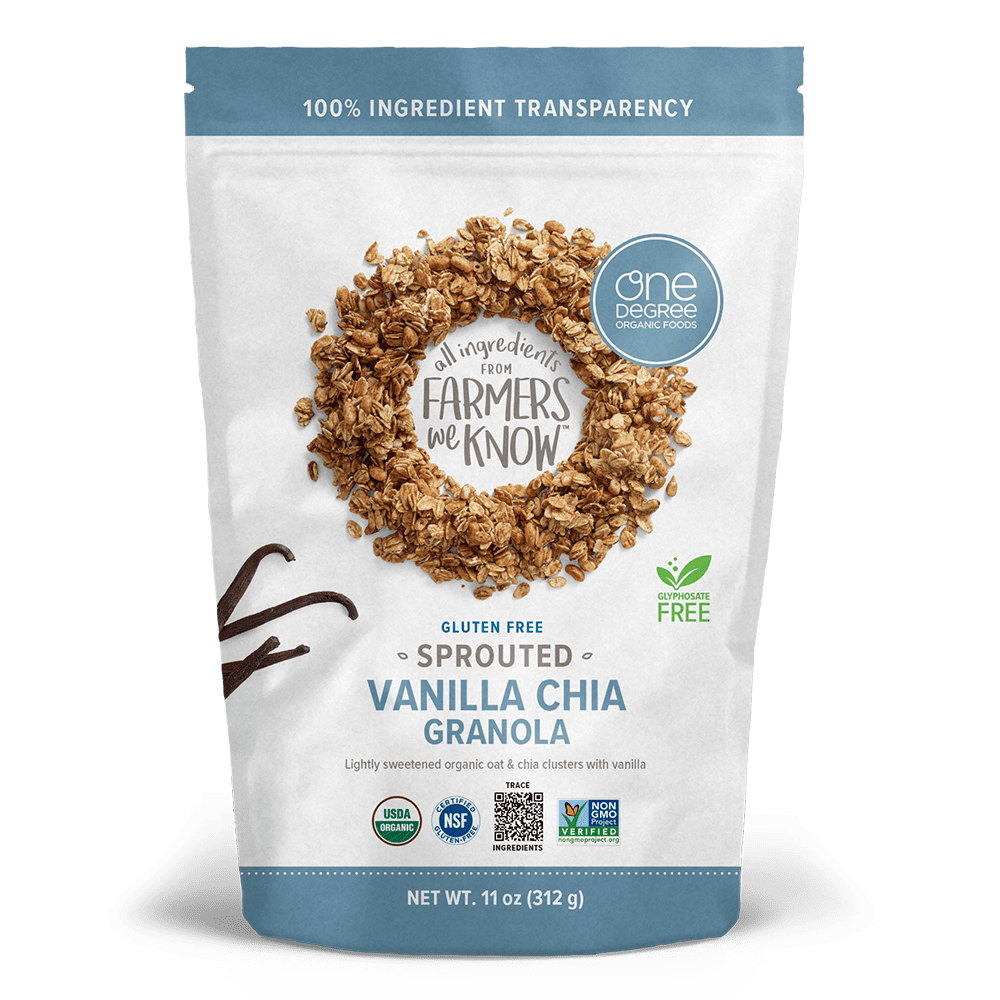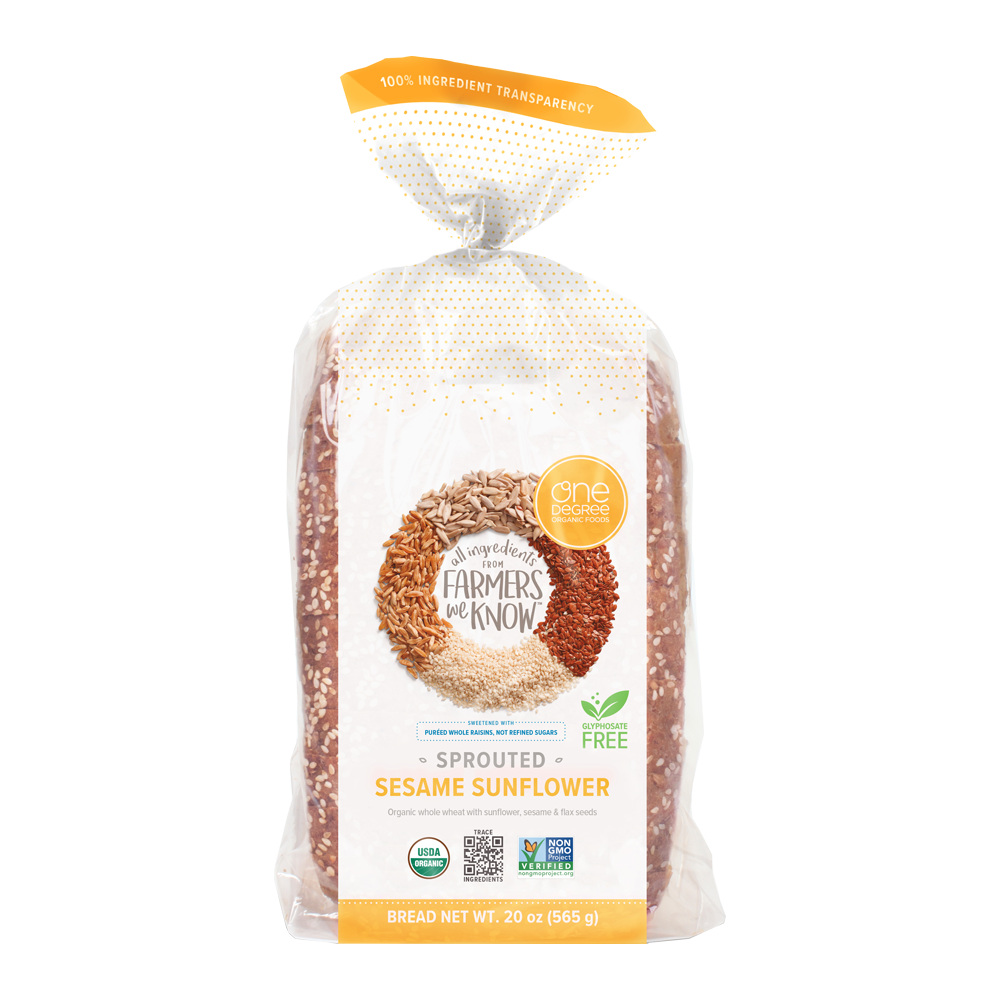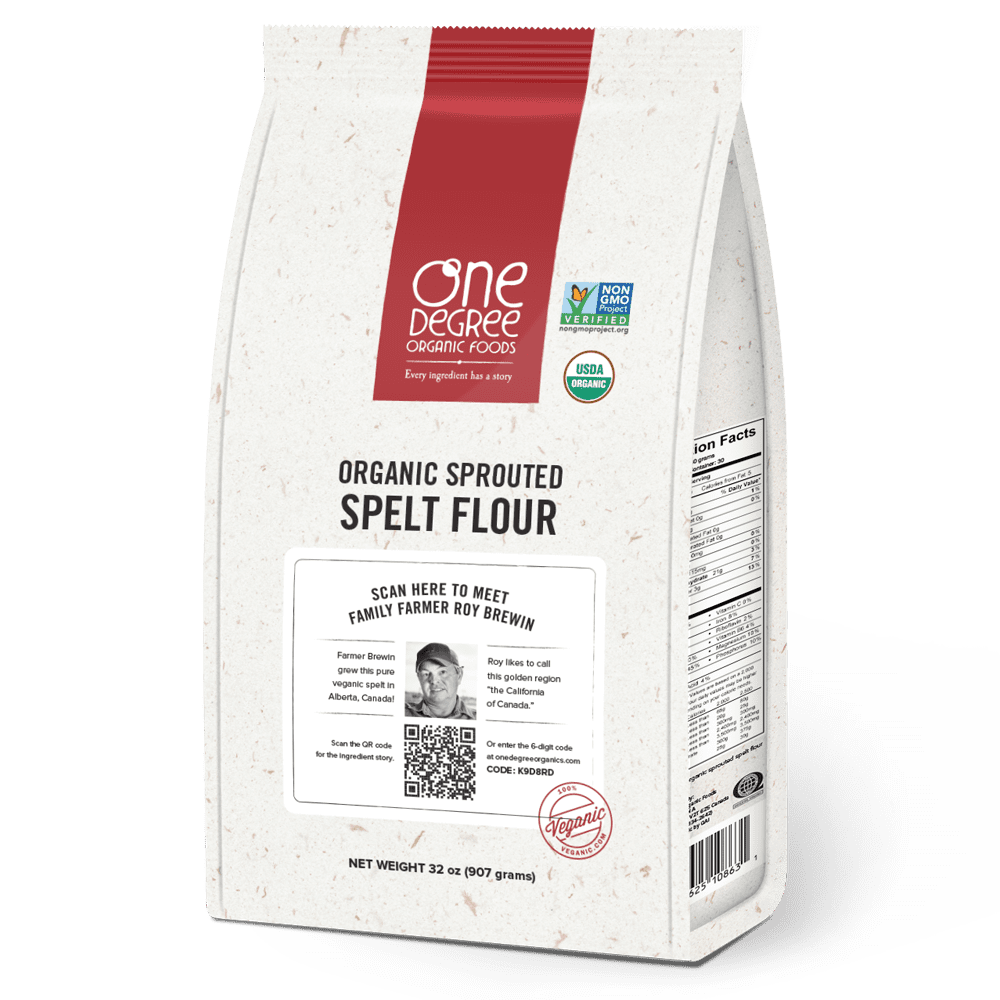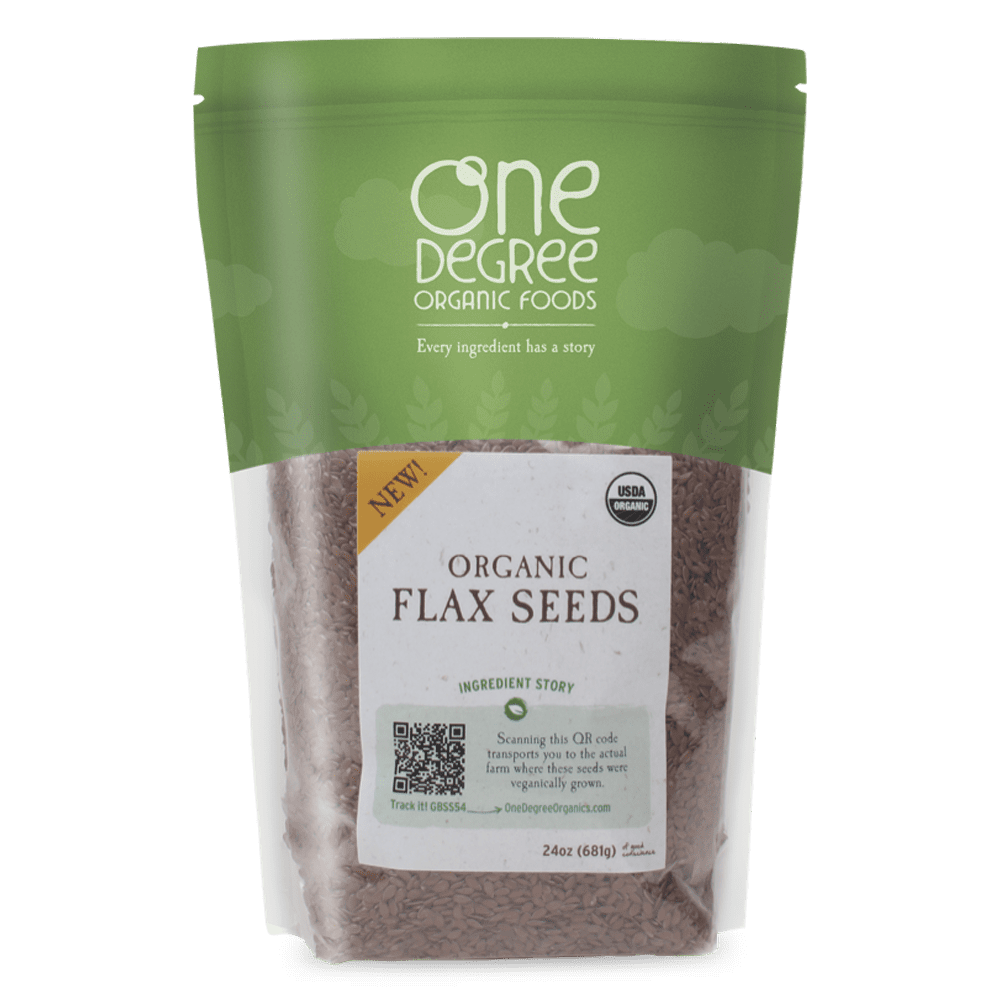Yeast
Lesaffre
In our quest for the highest quality non-GMO yeast we could find, we discovered a pioneering producer that has been cultivating this essential baking ingredient for almost two centuries. Lesaffre Yeast first began making yeast in Northern France in 1853 and has remained true to its artisan roots ever since.
Louis Lesaffre and Louis Bonduelle, two French farmers’ sons, did not set out to manufacture yeast at first. The yeast was just a by-product of fermenting grains. Then in 1871, Austrian baron Max von Springer of Vienna, the inventor of commercial yeast, introduced France’s bread bakers to the idea of using yeast to leaven bread and opened the country’s first yeast production plant. Von Springer’s success inspired Lesaffre and Bonduelle to open a baker’s yeast production facility in 1873. The farmers’ sons soon became one of the leading yeast producers in the country that was soon to be famous for baguettes and pastries.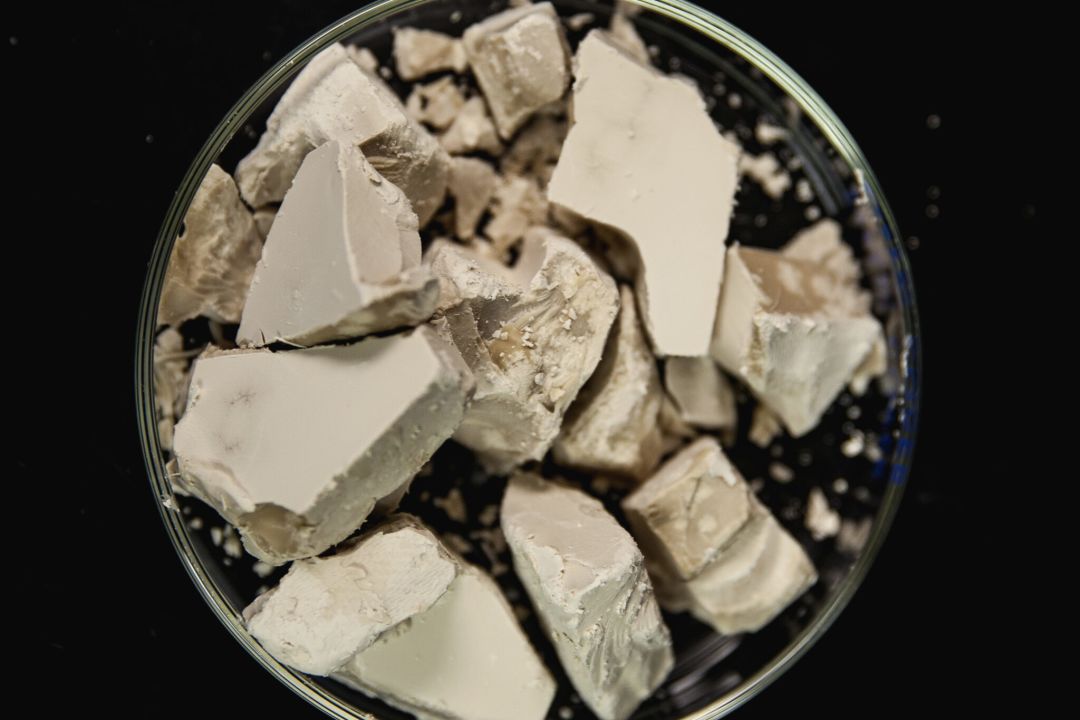
Today, Lesaffre Yeast remains owned by members of Louis Lesaffre’s family (the fifth generation to run the company) and continues to supply non-GMO yeast to artisan bakers throughout the world.
“Yeast is a fragile, delicate, and unpredictable organism that’s not something we make—it’s something we grow, or rather cultivate,” says Lucien Lesaffre, owner and chairman of the board of directors at Lesaffre. “Without yeast, dough cannot rise and bread will not have a soft, fluffy texture.”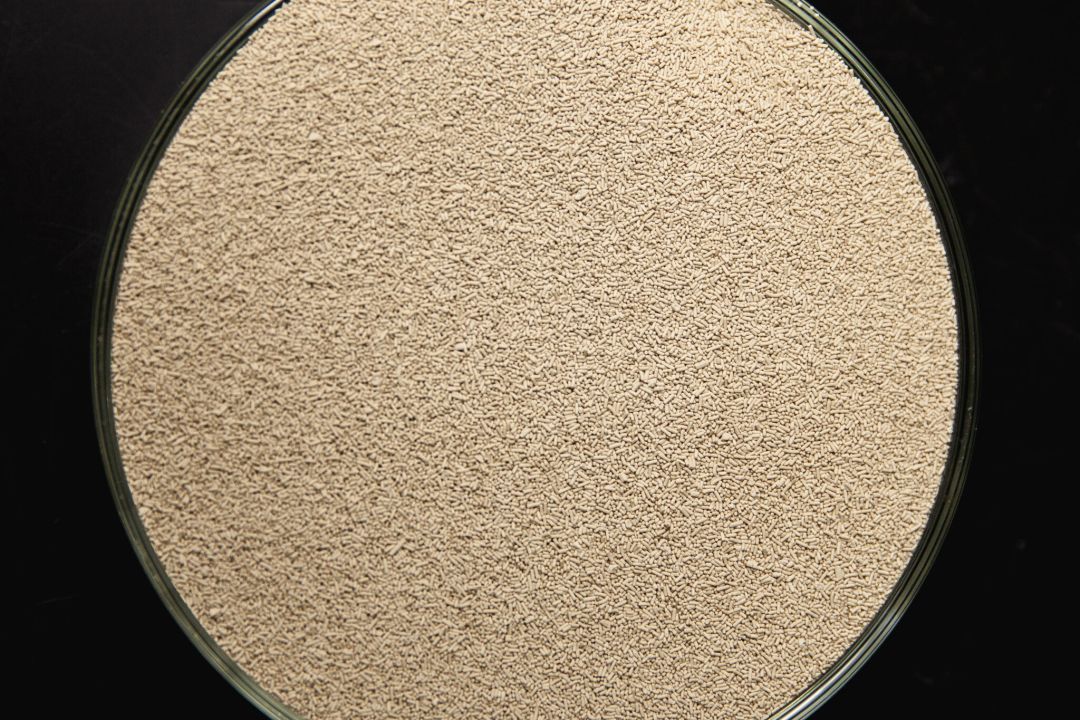
We toured Lesaffre’s U.S. facilities in Dothan, Alabama, and sat down with Plant Manager Dennis Barry to learn how they cultivate natural, non-GMO baker’s yeast with care and in a way that hasn’t essentially changed since the 19th century.
“Yeast is a tiny single-cell fungus that measures no more than eight thousandths of a millimeter—it’s so small, yet so powerful,” Dennis says.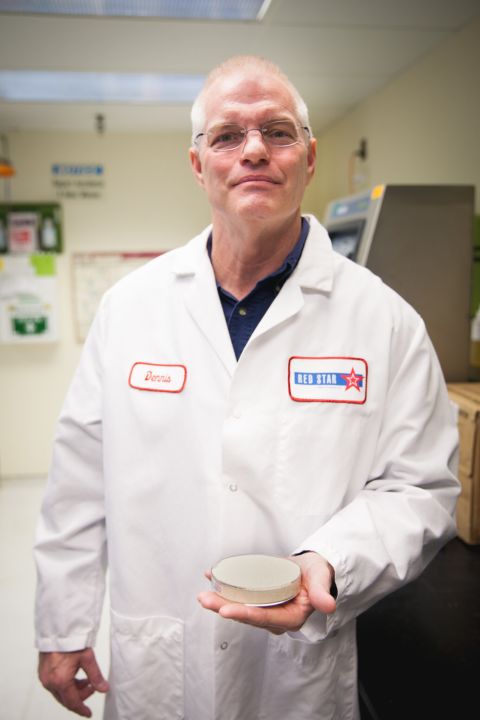
Dennis starts with a pure yeast culture from France that’s specifically designed for the baked good it will need to make rise. “A small amount of pure yeast culture, just 2 milliliters, will go on to produce enough yeast to leaven more than 50 million loaves of bread,” Dennis adds.
To cultivate non-GMO yeast, Dennis nourishes the yeast with nutrient-rich, non-GMO sugarcane molasses. He also gives it several vitamins and minerals to encourage healthy growth. Then to ferment, the yeast needs air and the perfect temperature.
After learning about the high-quality ingredients and nurturing that goes into cultivating their yeast, we’re proud to partner with Lesaffre. They also embrace our level of ingredient transparency. “One Degree Organic Foods cares enough to offer their customers a wholesome, natural clean product, and we care to do the same as well,” Dennis says. “We both want food that we can all feel good about feeding to our own families.”
